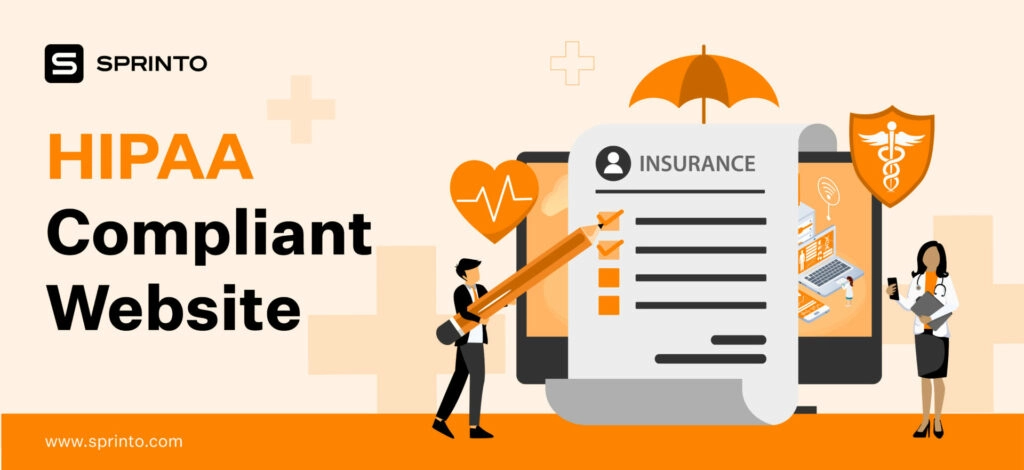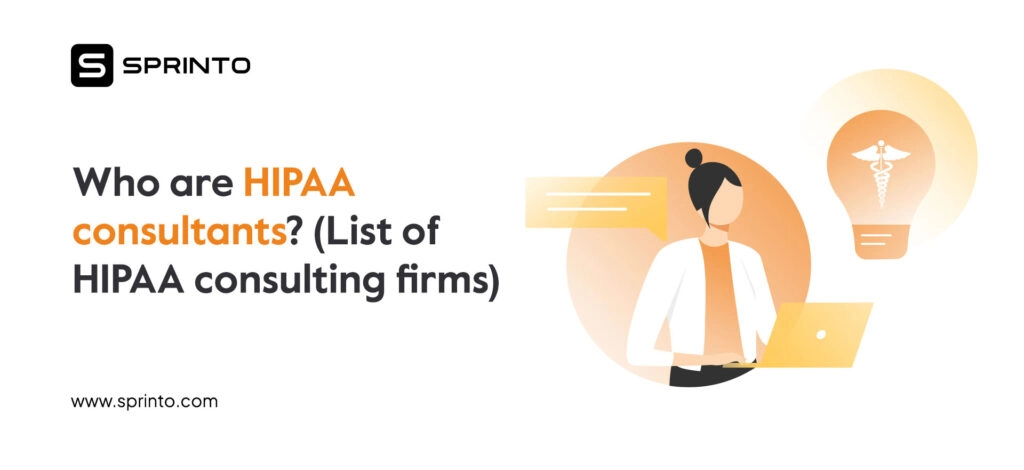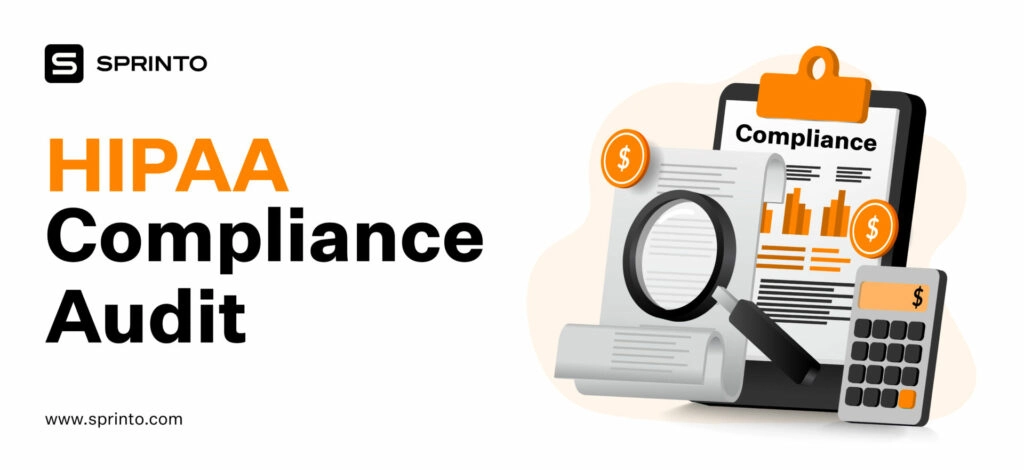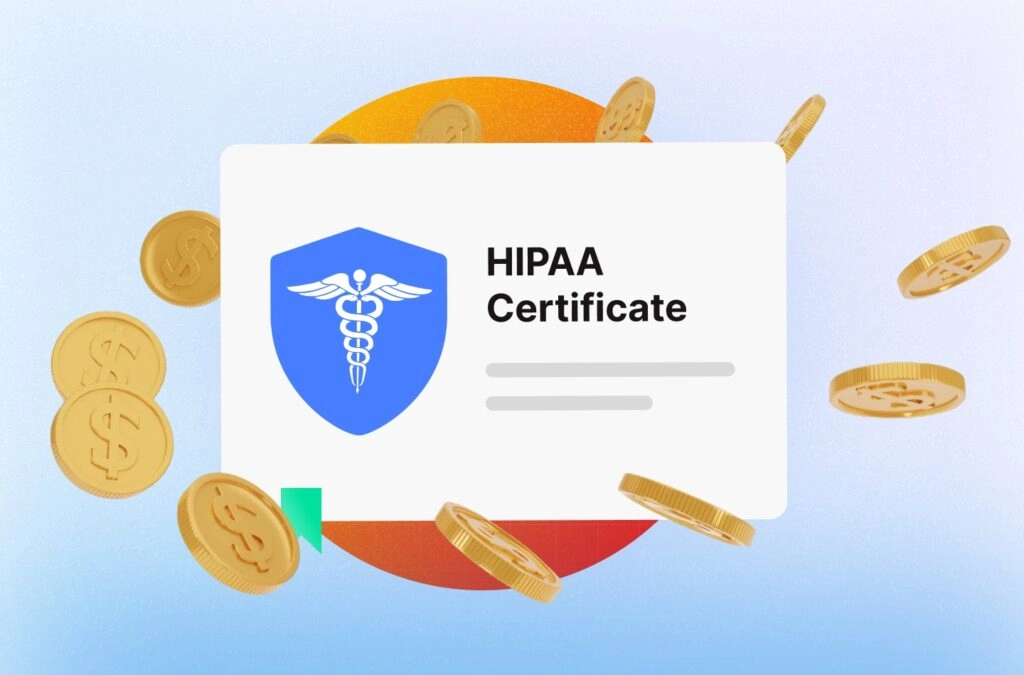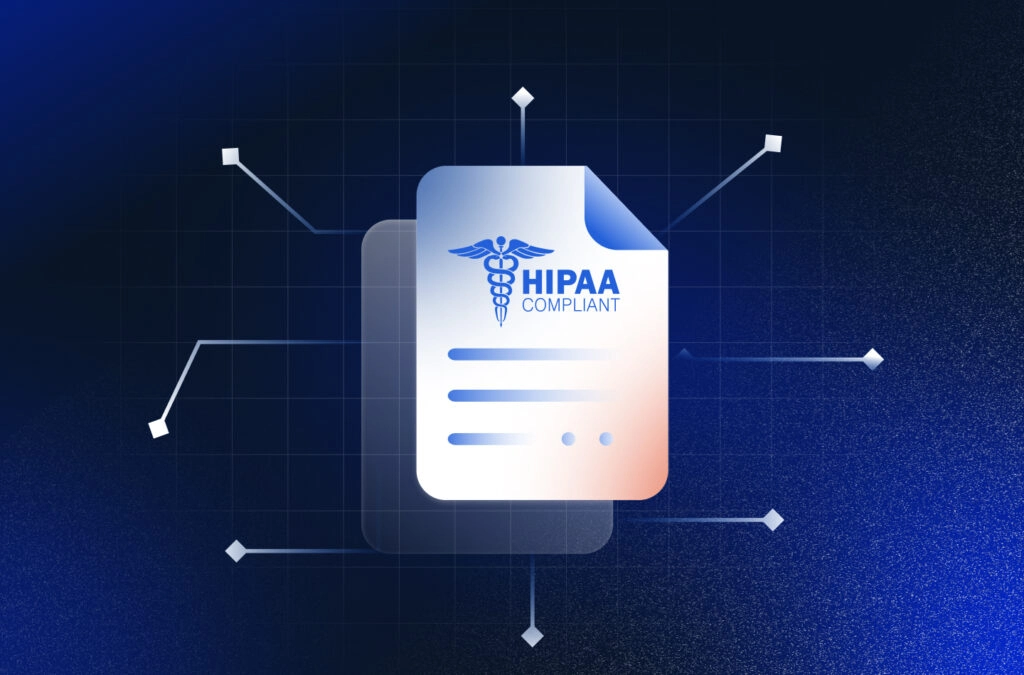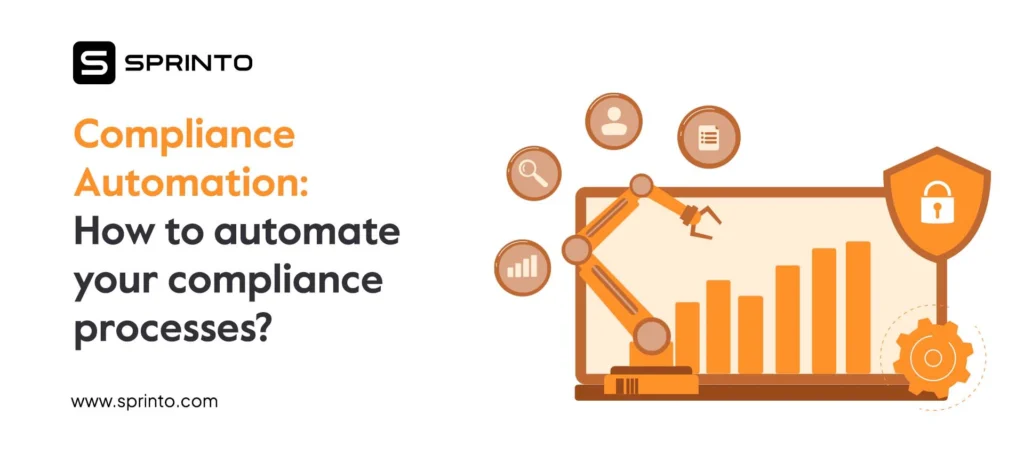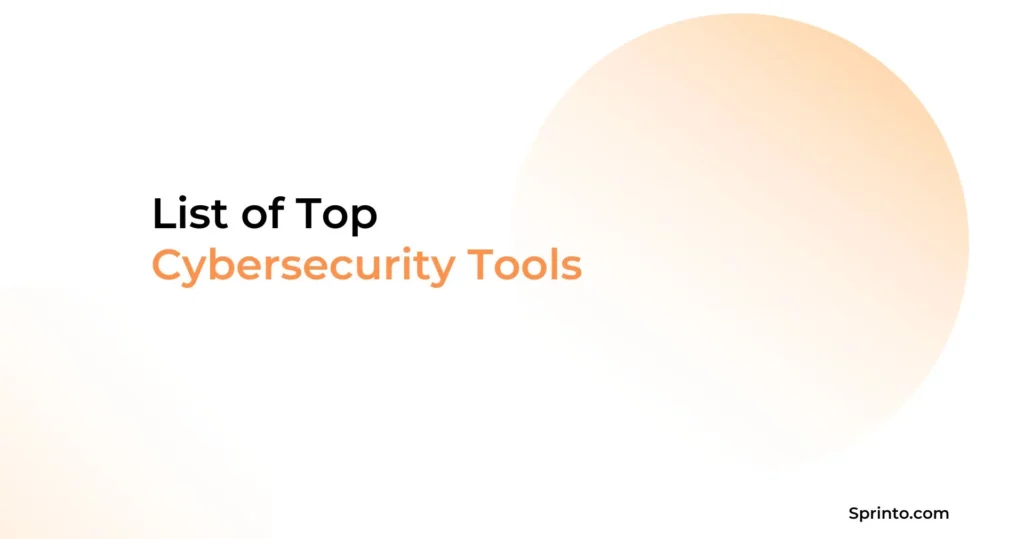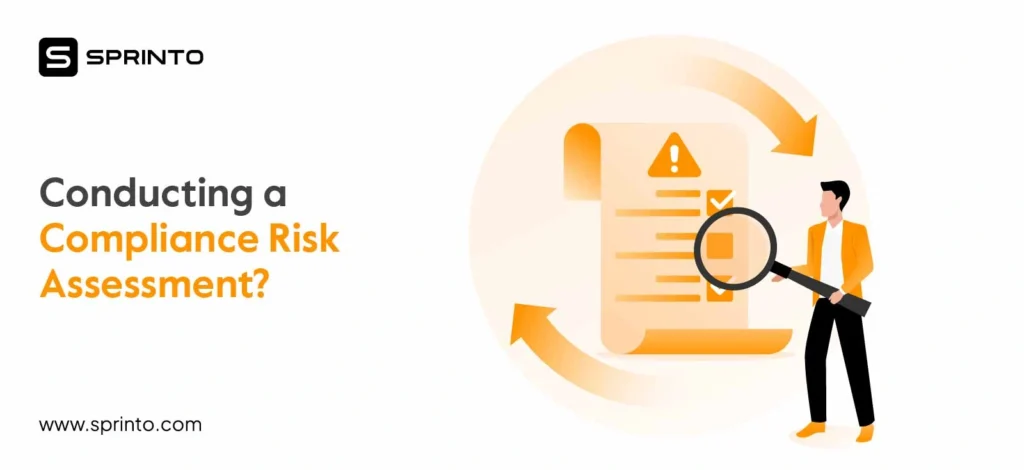Data breaches may be inevitable for healthcare organizations. But implementing HIPAA safeguards can go a long way toward helping you protect confidential patient information.
But what’s that got to with your website? A lot. Especially if you host or plan on hosting a website that stores or transmits protected health information. Your website isn’t just a digital billboard when you work with protected health information.
So, one of the many things you will do in your HIPAA compliance journey is to have a HIPAA-compliant website.
So, wondering what a HIPAA-compliant website is? Or if your website is compliant or at risk of allowing patients’ information to get into the wrong hands? Then this article is a must-read.
Read on to understand whether your website needs to be HIPAA-compliant. And learn about the must-haves for a HIPAA-compliant website.
HIPAA Brass Tacks
For the uninitiated, the Health Insurance Portability and Accountability Act (HIPAA) is a US federal law standardizing the best practices to protect patient data (such as medical records) and other personal health information.
And before we proceed further, let’s also quickly understand what constitutes PHI as per HIPAA regulations:
- Identifiable demographic or genetic information related to health
- Information on the physical or mental condition of an individual
- Payment or financial information related to healthcare
HIPAA Compliance Policy for Websites
Healthcare remains a top target for bad actors. Case in point: Over 20.2 million health records were breached in the first half of 2022 in the US, reveals an analysis by HIPAA Journal. HIPAA’s Privacy and Security rules lay down the guidelines for securing protected health information (PHI). And securing your website is one among them.
Besides, one of the first things the Office for Civil Rights (OCR) will review post-breach is whether you satisfy HIPAA’s Privacy and Security Rule requirements. But there is more to be done to reduce your exposure.
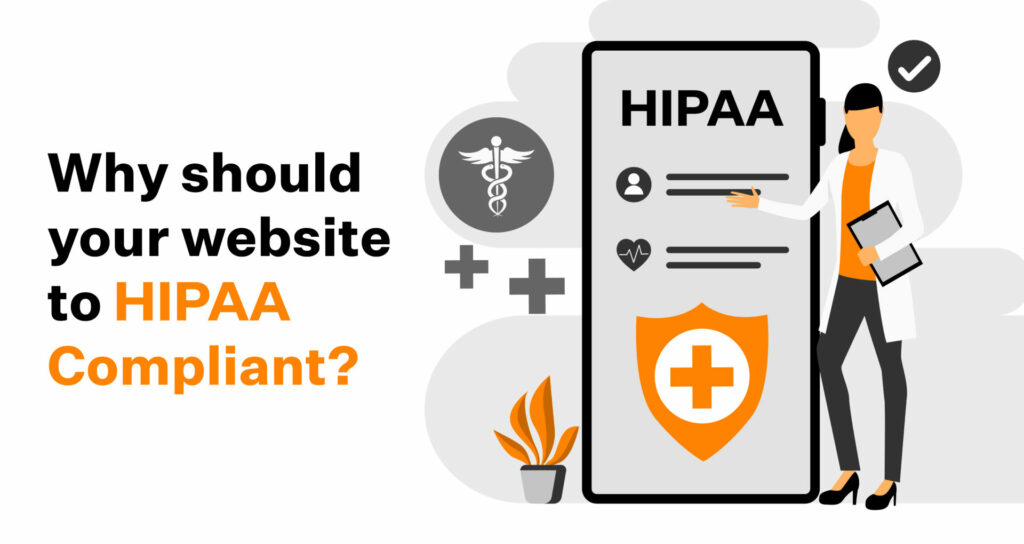
Your website, for one. You don’t want your website to be the source of leaks of sensitive information. Also, as you may already know, HIPAA violation penalties can run as high as $50,000 per incident. So, its’ better to be safe than sorry!
Should your website be HIPAA-compliant?
Whether you are a covered entity (healthcare providers, health plans, and healthcare clearinghouses) or a business associate, to know whether your website should be HIPAA compliant, you must answer these questions:
Does your website collect PHI?
If your website collects any individually identifiable medical information, such as symptoms, or conditions, you are collecting PHI.
Do you communicate PHI through your website?
If your website receives PHI through contact forms, online patient forms, chatbots, patient portals, patient reviews and testimonials, tools, and live chats, you are communicating PHI.
Do you store PHI on a server connected to your website?
If you store identifiable medical information on a server connected to your website, it opens you up as a possible target for breaches. And if you have information collecting tools or third-party trackers like Meta Pixel access and disclose data behind the scenes, you are storing PHI.
If you answered in the affirmative to any of these, your website must be HIPAA compliant. Read on – we will show you how to do that.
If you have more questions on whether you are a covered entity, we have a simple checklist for you to make the decision:
Download Your Covered Entity Decision Tool
How to make your website HIPAA-compliant?
You can take several steps to ensure that your website is HIPAA compliant. And all the efforts stem from data security. If your data isn’t secure, it doesn’t matter if you comply with every other guideline in HIPAA.
So, you must take decisive steps to guard PHI against accidental breaches. You can do this by having an SSL-certified website, backing up data, encrypting your data storage, and much more.
Before we dive into the specific steps you can take to buttress your data security, here are some questions that can help you understand the compliance posture of your website:
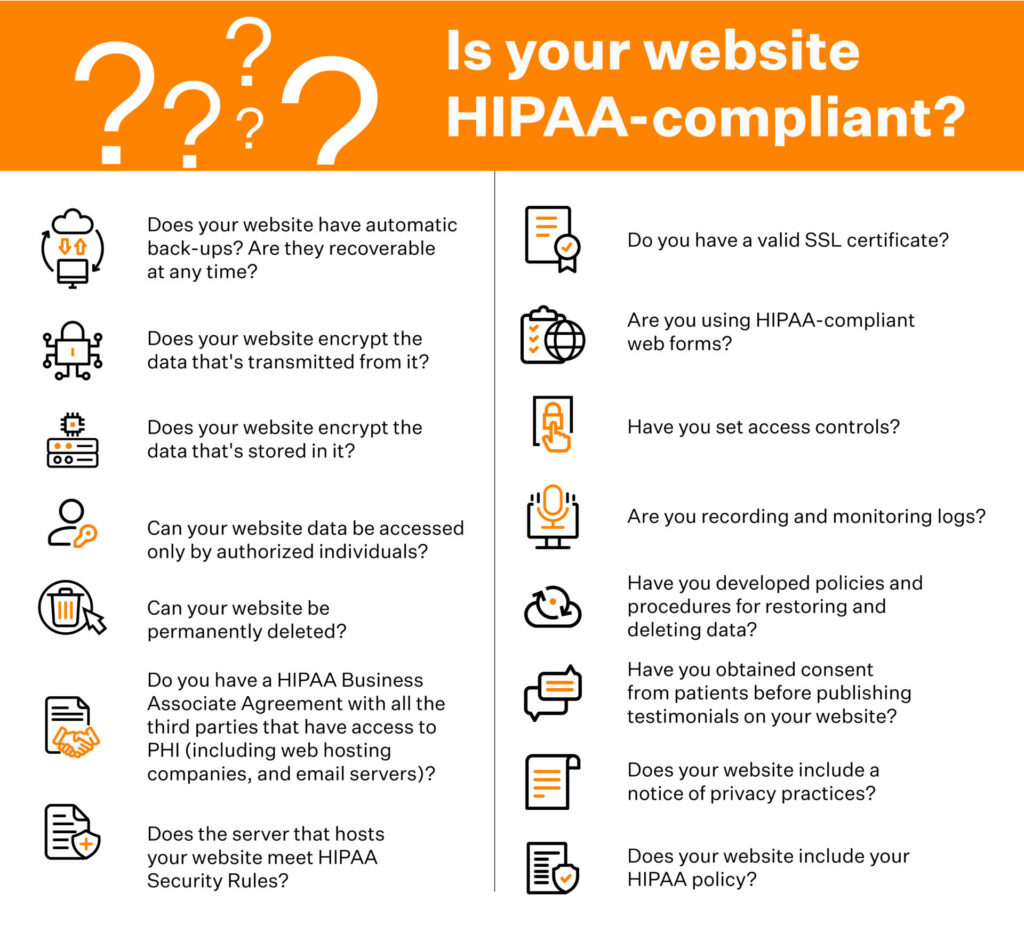
Your website is HIPAA compliant if you have answered yes to all the above questions. Else, you have some work to do!
Detangle the complexities of HIPAA compliance with Sprinto
Your website is the digital highway that connects your business to your visitors. And trust us, you don’t want your PHI to get hacked. Outside of the penalties, loss of business and trust, a breach poses a risk to the individuals whose data gets leaked.
Did you know that hackers have a lucrative business selling medical records? Stolen medical records sell for over $1,000 each on the dark web (according to credit rating agency Experian). So, why should you make it easy for them?
Here’s how you can fortify your website against malicious actors.

Get a HIPAA-compliant web host
Having HIPAA-compliant hosting is a critical first step, and your first line of defense to protect personal health information (PHI).
How so?
A HIPAA-compliant host will offer periodic vulnerability scans of your servers, encrypt your data in storage and transit, offer server hardening (apply security measures to your servers), do offsite backups and retain logs for a minimum of six years(as required by HIPAA). And most importantly, they will agree to a HIPAA Business Associate Agreement with you.
Get an SSL certificate
To protect user data, verify ownership of the website and prevent attackers from creating fake versions of your website, you must get a Secure Sockets Layer (SSL) certificate.
SSL is a security protocol that makes an encrypted link between a web server and a web browser, and ensures all the information remains confidential. In other words, it is a protocol for encrypting internet traffic and verifying your server identity.

SSL, also called TLS, enables websites to move from HTTP to HTTPS. HTTPS websites have traffic encrypted by SSL. SSL certifications also help establish trust by authenticating your website.
Besides, any data with SSL is at risk.
Encrypt information collected on the website through forms or chatbots
If you collect information through webforms or chatbots on your website, it’s likely to feature PHI. It, therefore, behoves you to use HIPAA-compliant online forms.
These forms encrypt the PHI you collect via forms into unreadable texts so that the encryption key alone can decipher them. Encryption also protects your PHI from unlawful and unauthorized access. When using HIPAA-compliant webform vendors, you must also get a signed business associate agreement (BAA).
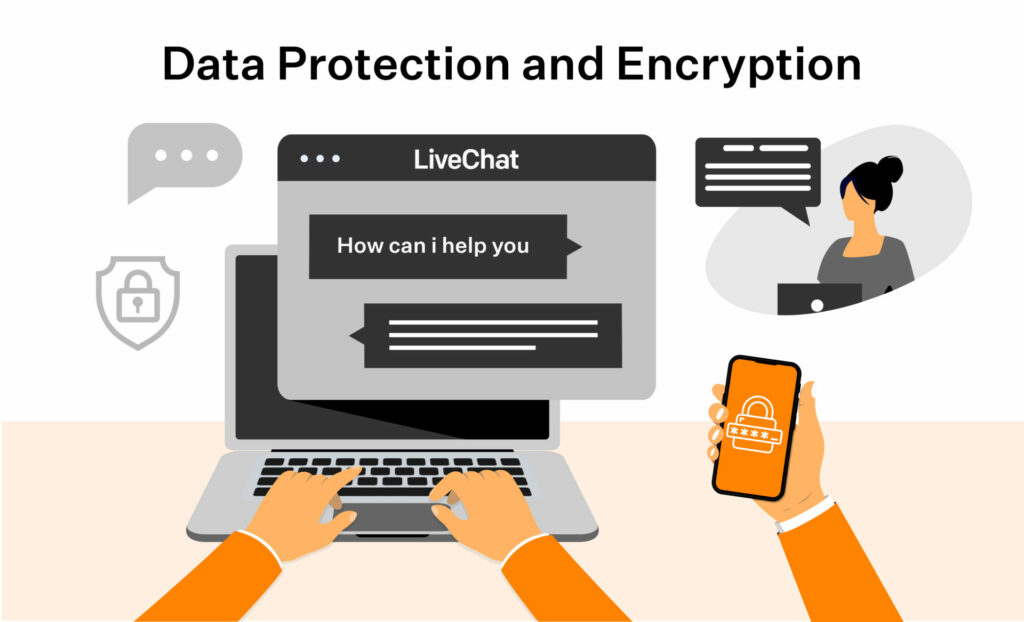
A web form is any information-collecting form that a patient or client fills out. For instance, desktop or mobile forms, pre-visit health surveys, patient portals, and live chat facilities that collect medical and insurance information.
Get BAA signed if there is a vendor involved in managing data
Suppose your vendors or service providers store, transmit or have access to your PHI. In that case, you must sign a BAA with them to create a binding liability, protect your business and meet HIPAA guidelines (with some exceptions).
That said, your responsibility doesn’t end there. It’s a good practice to ensure your business associates have the necessary checks to protect PHI. You can audit them and request risk assessments, and evidence to ascertain that your PHI stays protected with them.
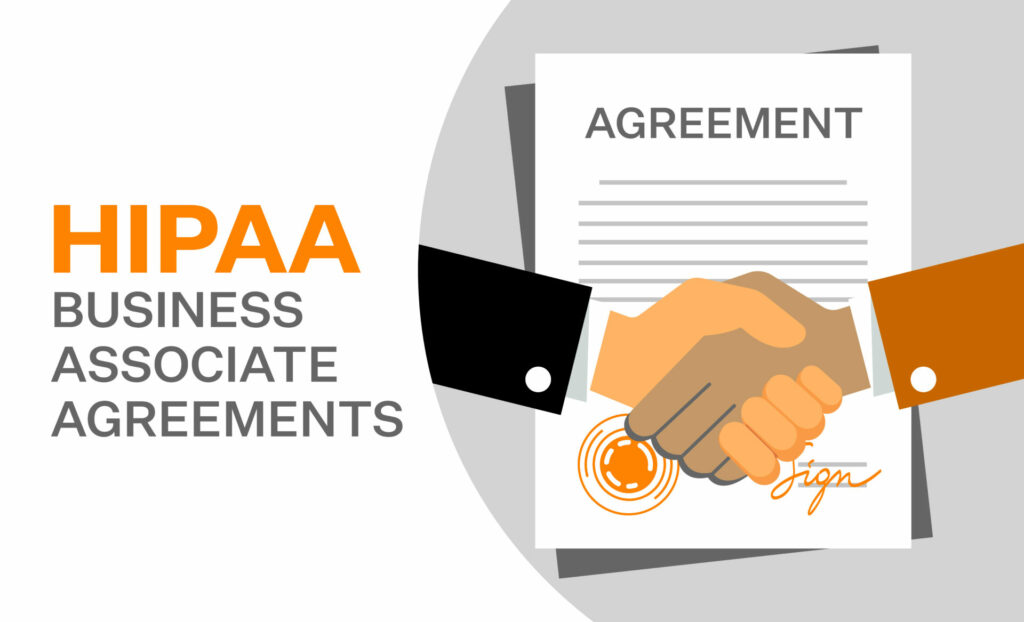
Some of your vendors who need a BAA may include:
- Hosting providers
- Cloud storage providers
- Digital marketing firms
- IT vendors
- E-prescribing software vendors
- File sharing vendors
- Billing software vendors
- Email encryption services
- Translator services
- Medical answering services
Provide site access only to authorized members to secure PHI
Only authorized individuals using unique access controls should have access to the PHI on your website. While your Webhosting provider perhaps can access the PHI, BAA must bind them.
If your website collects PHI and sends it to a bunch of people from your organization, it is critical to know who would have access to it. Is the data protected while in transit too? Can anyone with access to your email or messaging system access these?
It is a good practice to enforce unique, secure logins with multi-factor authentication so that only authorized individuals can access them. It’s also good practice to periodically audit the logins and data access.
Develop a system for storing data, transmitting, and deleting PHI
Development of a system for storing, transmitting and deleting PHI is critical. Data must be encrypted when it is stored or archived. You must ensure that all the encrypted data thus is accessible only to individuals with the appropriate keys.
Doing this also ensures that your backup is secure. Encrypting data limits your liability in case something happens.
As we discussed earlier, an SSL certificate can help you meet HIPAA’s data transmission security requirement.

Deleting PHI can, however, get slightly complex. You have to list all the places where PHI is backed up and archived, every PHI touchpoint that could be making backups or saving copies and deleting them from everywhere.
Here’s how Sprinto can help you
Sprinto primarily works with business associates and helps them implement HIPAA controls based on the framework’s Security and Privacy Rules. Business Associates can, using Sprinto, launch a robust continuous monitoring program to track deviances and stay HIPAA-compliant.
Talk to us to know more about how Sprinto can kickstart your HIPAA compliance journey.
FAQs
What is a HIPAA-compliant website?
A HIPAA-compliant website is designed to safeguard PHI from unauthorized access through security and privacy controls such as data encryption, and the use of HIPAA-compliant third-party services (such as web hosting and web forms). The website has an SSL certificate, maintains the integrity of ePHI, and has a robust data disposal policy.
Basic websites, in comparison, don’t have data encryption in storage and transit, data integrity and don’t have a HIPAA-compliant website host, among other things.
How to build a HIPAA-compliant website?
Here’s how you can build a HIPAA-compliant website in five easy steps.
- Get a HIPAA-compliant web host
- Get an SSL certificate
- Encrypt information collected on the website through forms or chatbots
- Get BAA signed if there is a vendor involved in managing data
- Develop a system for storing information, transmitting, and deleting PHI
Why do you need your website to be HIPAA-compliant?
If your website stores or transmits PHI, it needs to be HIPAA compliant to protect patient information from getting leaked. Besides that, non compliance has financial ramifications in terms of business loss, financial penalties and loss of trust.
Srividhya Karthik
Srividhya Karthik, is a Content Lead at Sprinto, she artfully transforms the complex world of compliance into accessible and intriguing reads. Srividhya has half a decade of experience under her belt in the compliance world across frameworks such as SOC 2, ISO 27001, GDPR and more. She is a formidable authority in the domain and guides readers with expertise and clarity.
Explore more
research & insights curated to help you earn a seat at the table.



